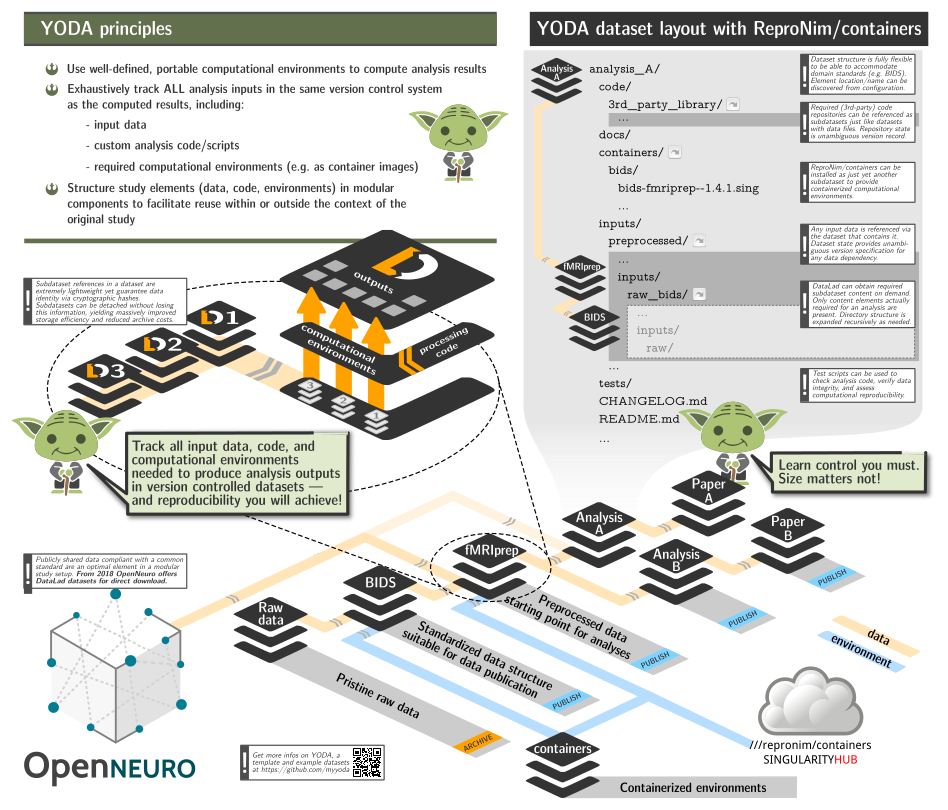
Great questions which we have discussed on (chat stream #RSHour) just before this session. Related to the previous is encryption a requirement or entirely optional?

Are there common approaches used for open projects with sensitive data?

what does it do? (in case we run out of time).fixes #issue-number) issues can be automatically closed by accident. If one of the remotes is a github/gitlab repository that reacts to special keywords in commits (e.g. or store them somewhere else and link them?Ī word of caution, git annex sync also syncronizes the history of all git remotes.git commands will not touch git-annexed files. So to upload the actual files I would use 'git add/commit/.' instead of git annex?.right, unless the person also has access to the storage of the actual files.So in the current example, if someone would clone the repo, he gets the metadata but could not use the files? I saw git-lfs mentioned in the special remotes list. I don't know the answer but I will ask it in a moment.Is there any compatibility layer to use (for instance) storage provided by git-lfs via git-annex? (both GitHub and GitLab provide git-lfs integration) :heart: any key-value store can be used to store the data.we will discuss that but to my limited knowledge git-annex can connect also to storage in the cloud by any of the cloud providers.If the files are not stored in git, are there locations were we can store the files? (for free?) -> Awesome, thanks for extensive answer and usage example !.
#GITHUB GIT ANNEX CODE#

Syncthing handles each file individually so if you require folder consistency it's not the best option. Video Collaborative notes taken during the session Questions Want to start working with large files on ? Sign up for early access.RSH 12: git-annex high-level data management and synchronization If your workflow requires higher quotas, you can easily purchase more storage and bandwidth for your account.
#GITHUB GIT ANNEX FREE#
PricingĮvery user and organization on with Git LFS enabled will begin with 1 GB of free file storage and a monthly bandwidth quota of 1 GB. In the future, every repository on will support Git LFS by default. If you’d like to be one of the first to try it out on, sign up for early access using your GitHub account.

We’re ready to roll out Git LFS support to a select group of users.
#GITHUB GIT ANNEX DOWNLOAD#
Git LFS is easy to download and configure, works on all major platforms, and is open sourced under the MIT license. Git LFS is a new, open source extension that replaces large files with text pointers inside Git, while storing the file contents on a remote server like or GitHub Enterprise. We’re excited to announce Git Large File Storage (LFS) as an improved way to integrate large binary files such as audio samples, datasets, graphics, and videos into your Git workflow. Distributed version control systems like Git have enabled new and powerful workflows, but they haven’t always been practical for versioning large files.


 0 kommentar(er)
0 kommentar(er)
